The last act of the Wagner bicentenary is upon us as a new production of Parsifal is unveiled at the Royal Opera House. There has been plenty to savour and ponder. The BBC Proms staged concert performances of seven of the operas. Opera North got on with their Ring cycle and Longborough Opera completed theirs. There was a Lohengrin from Welsh National Opera, an acclaimed Flying Dutchman from Zurich Opera at Festival Hall, while various orchestras dipped into various parts of the repertoire and Simon Callow wrote and performed Inside Wagner’s Head.
But this is just in the UK. Elsewhere Wagner has been top of the bill, even in places where little is known of the man or his music. This autumn Parsifal was performed in China for the first time, in a touring production from the Salzburg Festival. It is a significant event in the life of an opera conceived as a Bühnenweihfestspiel - or stage consecration - which the composer wished to see performed only in Bayreuth. To mark the occasion, a series of interviews with distinguished and knowledgeable Wagnerians was commissioned by the KT Wong Foundation, which aims to promote links between China and the rest of the world via the arts and education.
The conversations range widely across the Wagnerian landscape
In collaboration with the Beijing Music Festival, the principal goal of The Wagner Interviews is to demystify Parsifal and its composer for a new audience. Several questions were put to all of the interviewees – how they first discovered Wagner, which opera they’d take to a desert island, and which question they’d like to put to Wagner given the opportunity. But the conversations also range widely across the Wagnerian landscape as singers and scholars, composers and conductors, designers and directors each come at Wagner from their own unique angle. The interviews in Beijing were conducted by Rudolph Tang, and in London and Paris by myself.
The full line-up includes:
- Singers: Sir John Tomlinson, Dame Anne Evans, Waltraud Meier and Stuart Skelton
- Director: Robert Carsen
- Composers: Zhou Long and Guo Wenjing
- Conductors: Daniele Gatti and Mark Wigglesworth
- Actor-writer: Simon Callow
- Designers: Richard Peduzzi and Alexander Polzin
- Broadcasters/critics: Stephen Johnson and David Nice (of theartsdesk)
- Music publisher: Peter Hanser-Strecker
A word on The Wagner Interviews' two designers. Halfway through the filming schedule the director Patrice Chéreau died. We had asked for an interview, but he was too unwell to take part – and indeed three of our interviewees were at his funeral in Paris at which Waltraud Meier also sang. Instead, we managed to persuade his longterm collaborabor, the designer Richard Peduzzi, to recall their revolutionary triumph in the second half of the 1970s when their Ring shook Bayreuth to its foundations. And bringing the roster into the very present, Alexander Polzin is the designer of the Salzburg Parsifal seen in the Beijing Music Festival and many of our edited clips (main image).
Before clicking through to the KT Wong Foundation channel on YouTube, watch this trailer for a taste.
- KT Wong Foundation website
- The Young Vic will present a celebration of the life and work of Patrice Chéreau on 15 December in collaboration with the Royal Opera House and the Institut français

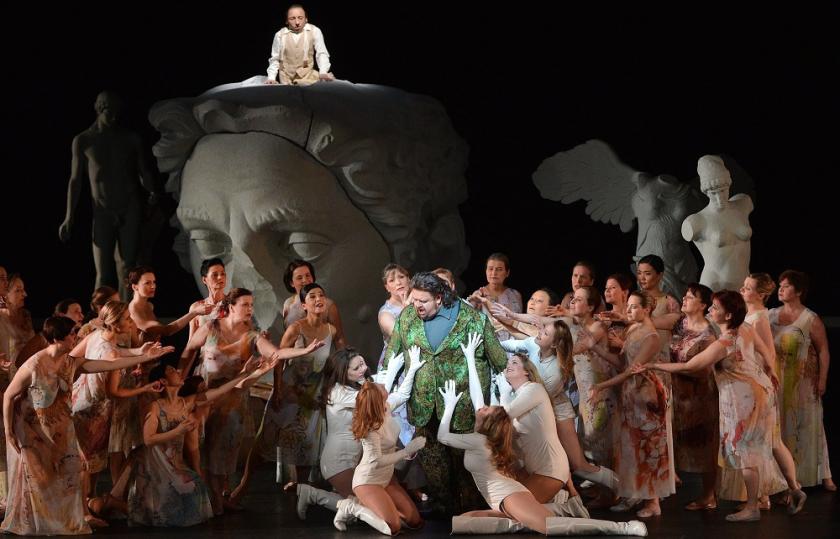


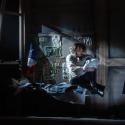
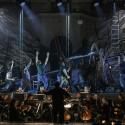
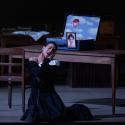
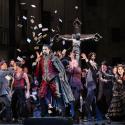
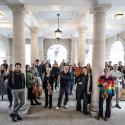
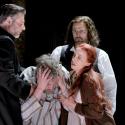
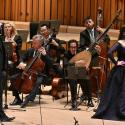
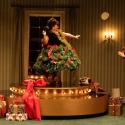
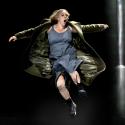
Add comment